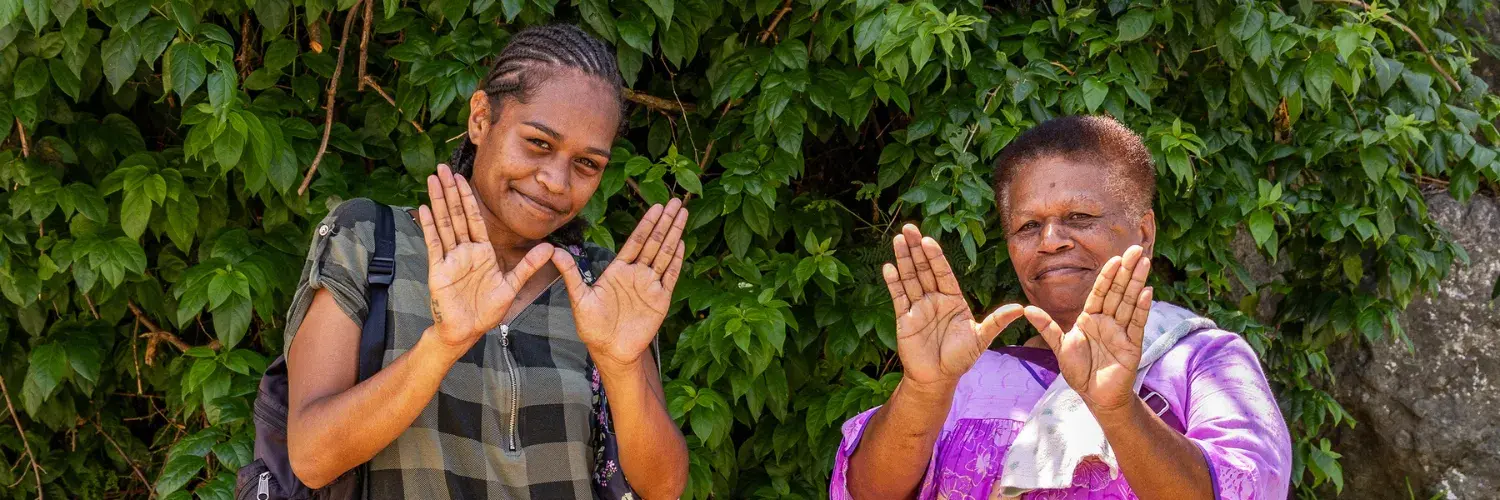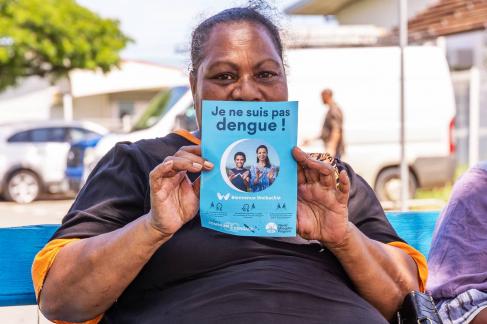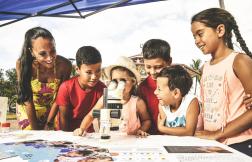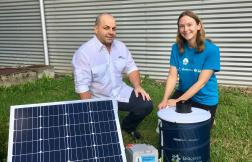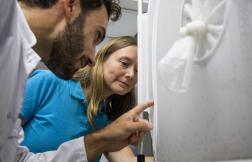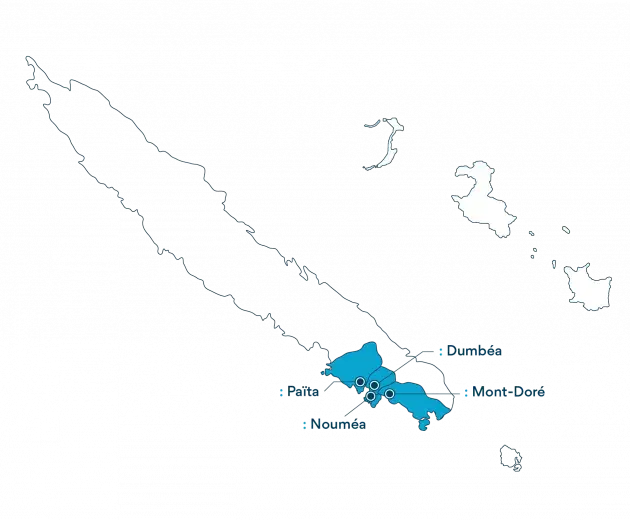The World Mosquito Program in New Caledonia is part of a global, not-for-profit initiative that is working to protect local communities from mosquito-borne diseases.
Mosquito-borne diseases such as dengue pose increasing health concerns for New Caledonia. According to a World Health Organization report, more than 4000 dengue cases and 10 deaths were reported between September 2016 and June 2017. Outbreaks became more frequent at the end of 2000’s. In addition to the social impact, the economical impact was huge, the cost of an outbreak having been estimated at 24 million AUD by the health department of the government of New Caledonia.
(Data updated October 2025)
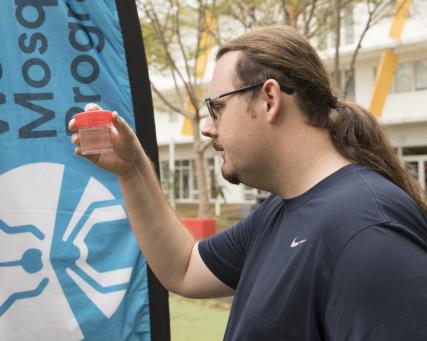
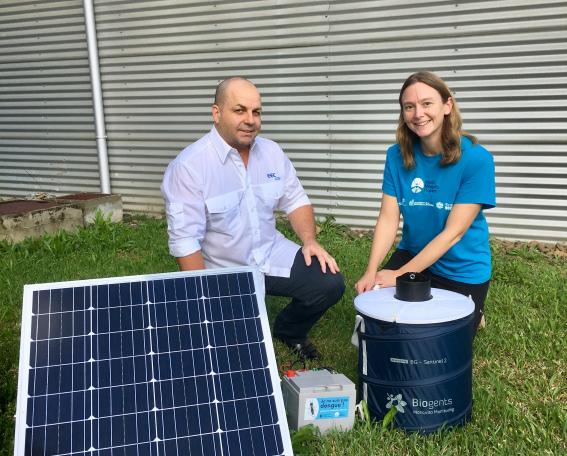
In March 2018, we announced a new partnership with the Government of New Caledonia, the City of Nouméa and the Institute Pasteur in New Caledonia (IPNC) to protect communities in New Caledonia from mosquito-borne diseases.
Our pilot project to introduce naturally occurring Wolbachia bacteria to mosquito populations in Nouméa started in 2019. Releases have continued following initial success and the last mosquito releases in the city took place in June 2021 with almost 70% of mosquitoes carrying Wolbachia.
In September 2021, the towns of Le Mont-Dore and Dumbéa joined forces with WMP and its partners to deploy the Wolbachia method in their municipality. Mosquito releases took place from January to June 2022 in the districts of Auteuil, Koutio, Cœur de Ville, Dumbéa-sur-Mer and Plaine Adam in Dumbéa and in the districts of Yahoué, Pont-des-Français, La Conception, Robinson, Boulari and Saint-Michel in Le Mont-Dore. At the end of these releases, more than half of the mosquitoes were already carrying Wolbachia.
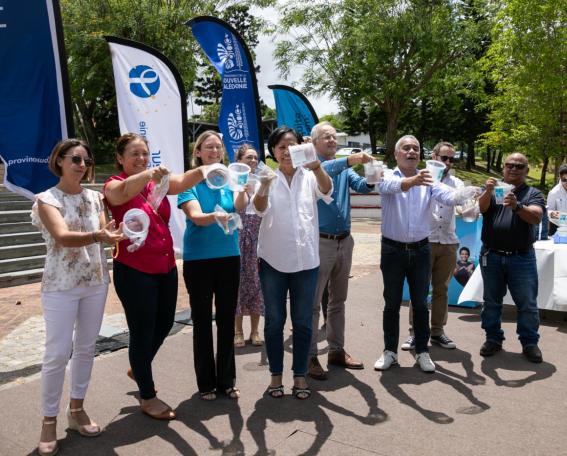
Based on the successful results, these two municipalities extended the program to other districts in September 2022. These included Katiramona and Pointe à la Luzerne in Dumbéa and Saint-Louis, La Coulée, Vallon-Dore, Le Mont-Dore Sud and Plum in Le Mont Dore. Releases took place between November 2022 and April 2023, with results in October 2023 showing Wolbachia had already passed through the local mosquito population, with 70% and 85% of mosquitoes carrying the natural bacteria, respectively in Le Mont-Dore and in Dumbéa.
Païta is the latest town to partner with WMP. The mosquito releases have took place between November 2023 and April 2024. At the end of the releases, almost 70 % of mosquitoes already carried Wolbachia. Since 2020, no dengue epidemic has occurred in Wolbachia treated neighbourhoods in New Caledonia.
Public acceptance has also been very high in New Caledonia, with an acceptance rate of 94% of residents in Nouméa, 92% of residents in Dumbéa and Le Mont-Dore and 94 % of residents in Païta.
Factsheet


Our Wolbachia method is not an emergency measure, but rather a long-term, preventative, self-sustaining solution to reducing mosquito-borne diseases. It is compatible with other methods such as insecticides and vaccines.
Since 2011, we have been conducting field trials using our Wolbachia method around the world. Long-term monitoring shows that Wolbachia is self-sustaining at high levels in the majority of our international project sites. In areas where high levels of Wolbachia are present, we have not seen any dengue outbreaks.

